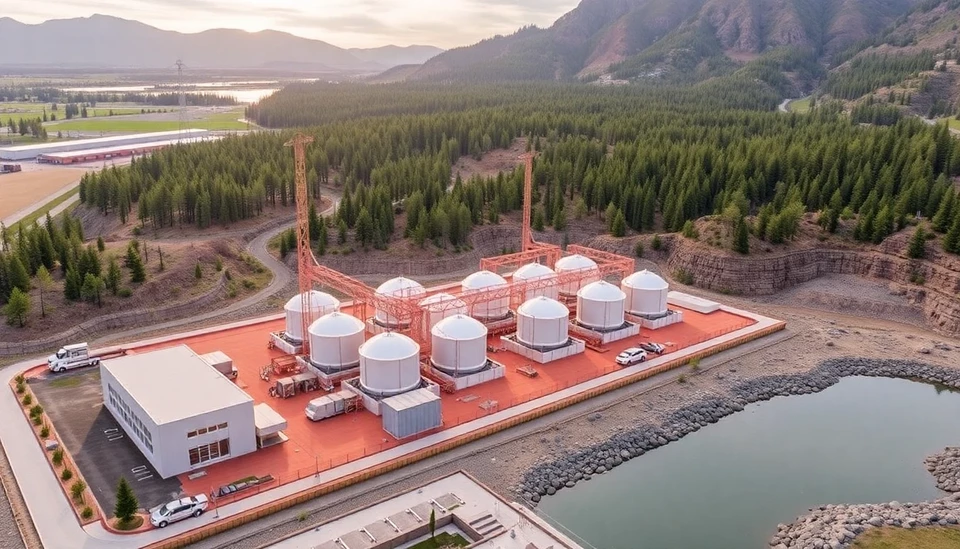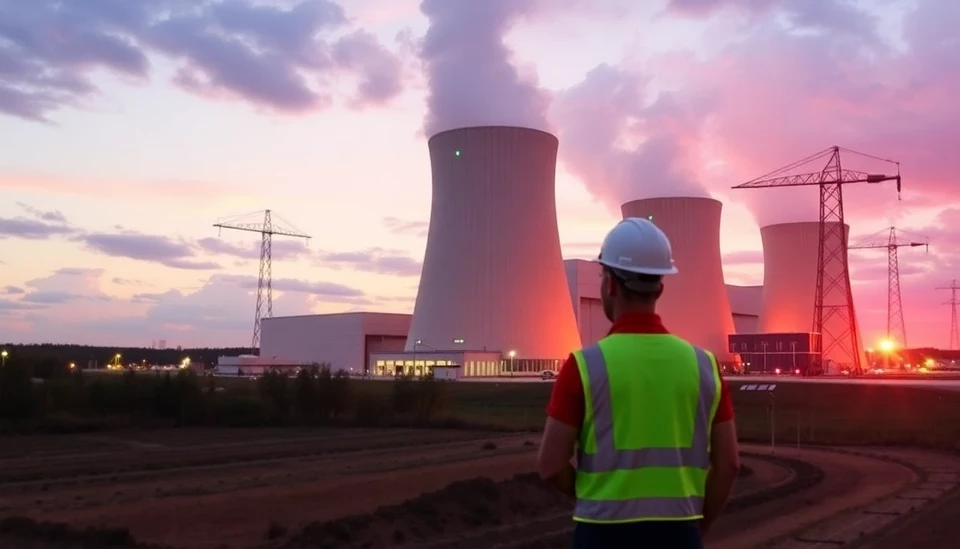
In a groundbreaking development, the United Kingdom has officially initiated the licensing process for its first new nuclear power station since the 1970s. This monumental step marks a significant turning point for the nation’s energy strategy, aiming to bolster energy security and meet ambitious carbon reduction targets.
The recent announcement came as part of a broader government initiative to address the growing energy demands and reduce reliance on fossil fuels, amidst increasing concerns over climate change. The project, known as Sizewell C, is set to be situated in Suffolk and has garnered substantial attention due to its potential to deliver a significant amount of low-carbon power.
According to government officials, Sizewell C is projected to generate enough electricity to power approximately six million homes. It is anticipated that this new facility will not only provide a stable source of energy but also create thousands of jobs during its construction phase, offering a much-needed boost to the local economy.
The licensing process, overseen by the Office for Nuclear Regulation (ONR), will scrutinize various aspects including safety, environmental impact, and construction practices. Experts emphasize the importance of a thorough assessment, especially considering the longstanding concerns related to nuclear safety and waste management.
This announcement aligns with the UK government's broader strategy to transition towards cleaner energy sources, which includes a commitment to achieving net-zero carbon emissions by 2050. The urgency of taking action was underscored by the increasing frequency of climate-related events and the fluctuating prices of fossil fuels in recent years.
Supporters of the Sizewell C project argue that it represents a vital investment in the UK’s future energy infrastructure. The prospect of harnessing nuclear power is seen as a crucial element in the country’s effort to reduce greenhouse gas emissions while maintaining energy reliability.
However, the project is not without its critics. Environmental activists have raised concerns regarding the ecological impact of the construction and operation of Sizewell C, particularly in the context of the surrounding delicate marine ecosystems. Furthermore, there are ongoing debates about financial implications, given the historic budget overruns typically associated with nuclear projects.
As the UK navigates this complex pathway toward energy independence and sustainability, the completion of the licensing process could pave the way for construction to commence as early as next year. The government's commitment not only reflects a strategic pivot in energy policy but also illustrates a newfound confidence in nuclear power as part of the solution to tackling the climate emergency.
The future of Sizewell C will undoubtedly be closely monitored by both supporters and opponents. As this crucial infrastructure project unfolds, its implications could reshape the energy landscape in the UK for decades to come.
In conclusion, this licensing announcement is a significant milestone in the UK’s journey toward embracing nuclear energy as a sustainable and reliable power source. The coming years will reveal the impact of this decision on energy security, job creation, and environmental stewardship.
#NuclearEnergy #UKPower #EnergySecurity #SizewellC #Sustainability #ClimateAction
Author: Sophie Bennett




